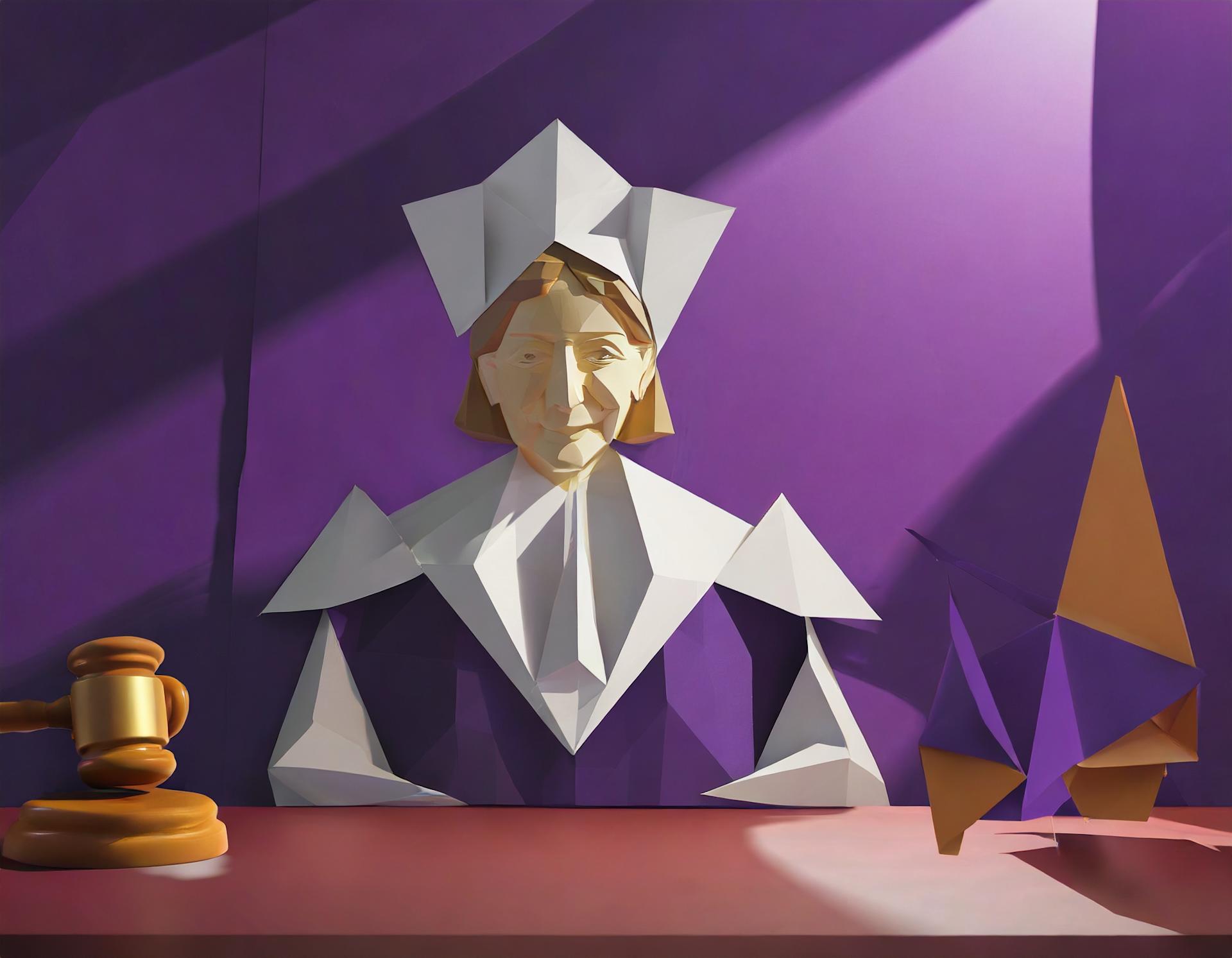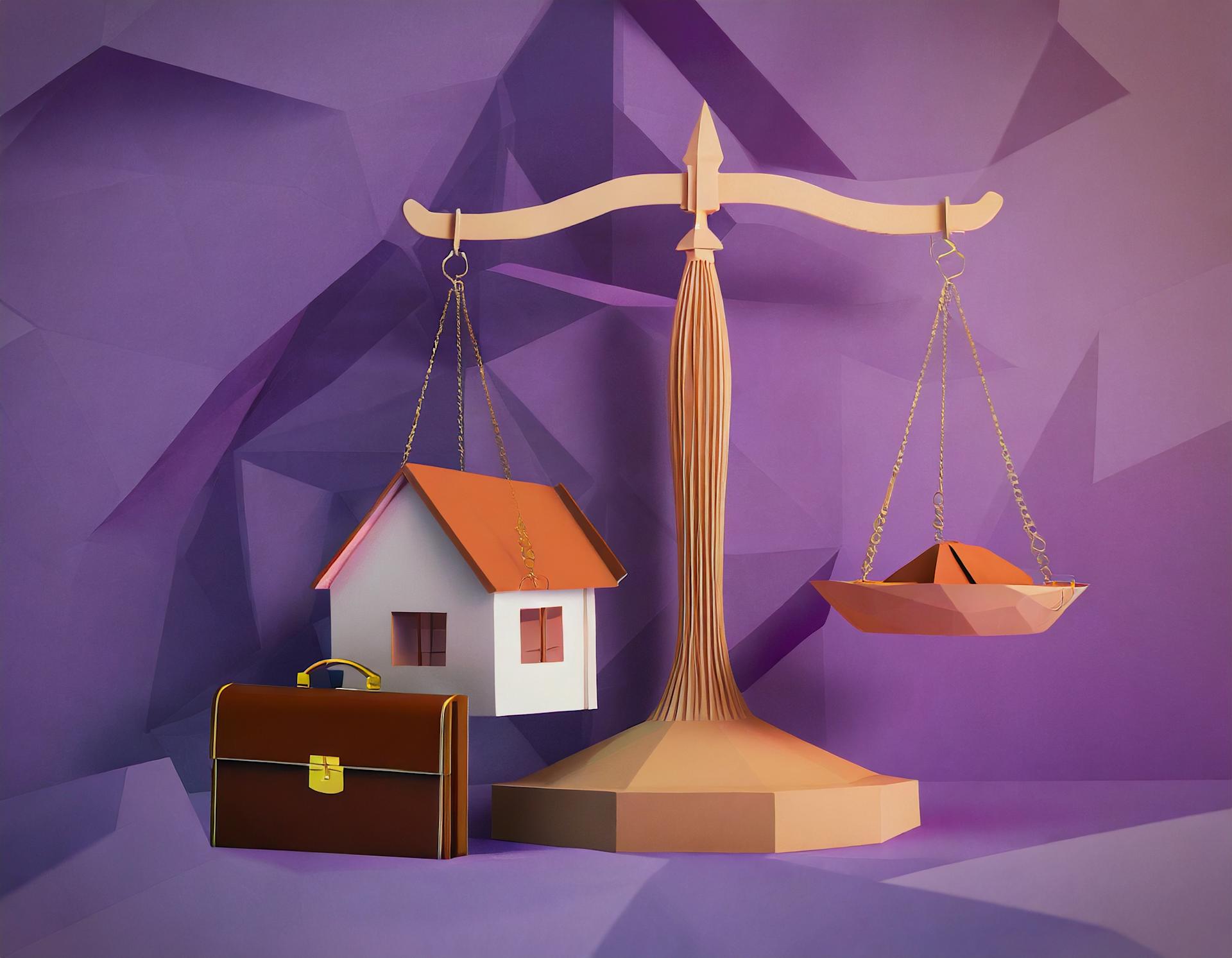Litigation Law Guide
Nobody enjoys the idea of having to go to court. However, sometimes for justice to be done it has to happen. And if it does, it’s important to have the right people in your corner to provide advice and guidance through what can be a very stressful and lengthy process.

In this guide, we’re pulling back the curtain on litigation law to help you better understand the process, how it might apply to your case, and how a litigation law solicitor might be able to help you.
At Lawhive, we understand that it’s important to our clients to know if they have a strong case, how long the process will take, how much it will cost, and what the process will look like.
Our specialist litigation solicitors and dispute resolution solicitors are on hand to provide affordable initial advice to answer your questions and give you the confidence to proceed in your best interests.
To get started, tell us about your case to get a free case assessment and quote from our legal assessment specialists.
What is litigation?
Litigation is when people have a disagreement, and they can’t figure it out on their own. So, they bring their arguments to a court, and the court decides who’s right.
There are different types of cases that can be tackled with litigation, but they mainly fall into two groups: civil cases and commercial cases.
Civil litigation vs Commercial litigation

In both civil and commercial litigation cases, you hire a lawyer or solicitor who looks into your case and takes it to court. But there are some key differences between the two.
Civil litigation is when two regular people have a dispute, and one needs money that they can only get through the court. Civil cases are usually simpler and can be resolved quickly.
Commercial litigation is about businesses. It covers disputes that happen in a corporate setting, like between a company and a contractor or a shareholder. Commercial cases tend to be more complex and can take longer to sort out because business matters can be tricky.
Types of litigation claims
Intellectual Property Claims
Intellectual property litigation is about things like patents, trademarks, and copyright.
Intellectual property infringement can happen if someone:
Uses, sells, or brings into the country a product or process you’ve patented without your permission;
Uses your work, whether it’s all or just parts, without permission;
Makes, offers, or sells a design you’ve registered for their own profit;
Uses a trademark that’s just like or very similar to one you’ve registered.
In these cases, it is possible to file legal proceedings through the court.
Employment Disputes
If you’ve been treated unfairly at work, like discrimination, wrongful dismissal, or redundancy, you can make a claim against your employer.
Often, these types of claims result in a settlement agreement outside of court. However, sometimes a resolution can’t be found and the matter ends up in front of a judge.
Educational Law Disputes
Sometimes, parents or guardians might feel strongly that their child hasn’t been given the support they need in school, or they’ve been treated unfairly.
This may be related to:
A child’s exclusion from school or college
Failure to provide special educational needs support
A statement of special educational needs or Education and Health Care (EHC) plan
SEN funding decisions
Disability discrimination claims.
Divorce Settlement Disputes
Sometimes, divorcing spouses or civil partners can’t agree on a fair divorce settlement or arrangements for children.
The family court prefers for these sorts of matters to be settled out of court if possible, with the help of family mediation.
However, these cases can end up in court if couples are unable to reach an agreement, in which case the court will decide for them.
Contract Breaches
Running a business means making contracts - whether with employees or third parties like contractors. It’s really important that everyone knows what these contracts mean and what will happen if someone breaks them.
Partnership Agreement Disputes
Many businesses team up with different partners to help them grow. But, just like any relationship, there can be disagreements. These could be about property, who owns what, financial aspects, or other things.
Shareholder Disagreements
It’s not unusual for companies to have fights between shareholders. For example when people don’t agree on where the business should go, how it’s run, or even if there’s something illegal happening. In these cases, businesses might work with a solicitor to solve shareholder disputes to minimise the risks of arguments hurting the business.
What does a litigation solicitor do?

When a client goes to a litigation solicitor for help, it’s the solicitor’s job to look over all of the papers and information and give advice on what to do next. They’ll decide if the client has a good chance of winning their case.
If a litigation solicitor feels a client’s case isn’t very strong, they might advise them that it’s best to settle the matter quickly.
Litigation solicitors also file court cases, handle paperwork, and collect witness statements if they are needed. They prepare all the documents the court needs before and after the trial. Sometimes, they attend meetings to try and negotiate an agreement between parties. Or, they will facilitate alternative forms of dispute resolution, like mediation or arbitration.
In some cases, solicitors might also represent clients in court for some parts of the case, like interim applications, conferences, or pre-trial hearings.

